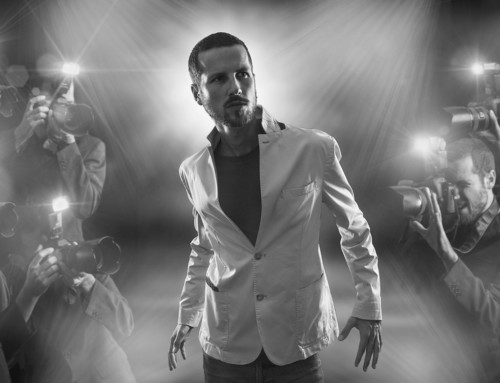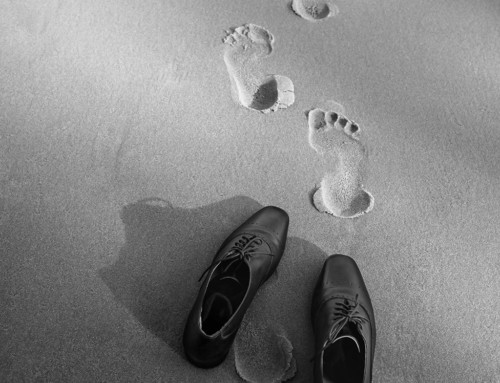If you did a quick search of the phrase “making mistakes”, these are the sort of articles you’ll come across:
40 Things You Learn From Making Mistakes
The Magic of Making Mistakes
7 Reasons Why Not Making Mistakes is the Biggest Mistake
The Art of Making Mistakes
At this point, making a mistake seems rather appealing… that can’t be normal, can it? Because when I make a mistake, the last thing I think is that I just did something magical. Maybe magically stupid. In fact, I’m usually an awkwardly depressing combination of mortified, embarrassed, and disappointed. In no way, shape, or form do I feel lucky that I just made a mistake.
But that’s human nature, right? We’re all destined to make a mistake every once in a while—which is why you’ll find yourself stumbling across so many articles shedding mistakes in such a positive light. But mistakes aren’t positive; they are inherently negative (hence, why you make a ‘mis-take’ and not a ‘take’).
So in CharTec fashion, we want to show you how to deal with mistakes better—how to take all those embarrassing, excruciatingly disappointing mistakes and handle them like the boss that you are.
People like pointing out mistakes, so be prepared—mentally.
Mistakes will occur naturally, and when they do occur, people will come out of the woodworks to point them out for you. But they won’t just point them out, they’ll shout them from the tallest tower and then generously sprinkle flower petals that stink of your failure over everyone that you know.
Recently, we posted a blog to our website about the power of language. Inside this blog, we made a tiny error, and many people were more than happy to comment on the blog to inform us of our blunder; thereby, pointing out our failure to everyone else who visits the blog from here on out. The comments did not reference the blog itself; just the error. And it wasn’t just to let us know of the error but to let us know they found it. Why? Well… because it’s fun to let people know they messed up.
We were slightly embarrassed and borderline mortified—but only for a fraction of a second. We responded to the comments, made fun of ourselves, and moved on. There was no deleting the comments, there was no mass email to apologize for the error, and there was no self-loathing.
We are mentally prepared to handle our mistakes, and as a result, we have the capacity to respond appropriately and effectively. Without this mental preparedness, you will struggle with presentations, discoveries, and employee interactions because you will not have the emotional intelligence to respond with tact and grace.
The mistakes will come out, and when they do, don’t point your finger.
It’s almost impossible not to point your finger at someone when they make a mistake… “He did it! He did it!” And even if you don’t do it physically, you’re pointing at that person subconsciously… “Oh wooow, what an idiot. Glad I’m not that guy.” Because of this, it’s more important than ever to refrain from this behavior tendency. Why? Because everyone else will do it for you.
When multiple people point out the same mistake multiple times, this does nothing to actually correct the root of the problem. All this will do is make someone want to crawl into a deep, dark hole and die.
Instead of drawing attention to the mistake, draw (silent) attention to the person. If this is a one-time mistake like a writing error in a blog, then let it go. If it’s a mistake that consistently happens like quoting agreements incorrectly or missing project deadlines, then attempt to understand what is going on with the person.
Our culture expert, Jason Rivas, says:
“If you spot a mistake, consider why you found the mistake in the first place. If you want to be quick and assign blame, then ask yourself what you really gain from it. Is it merely self-inflating or does it truly benefit your company in the long run?”
All in all, when it comes to mistakes, it’s important to remember two things:
- Be mentally prepared for a mistake to happen. Whether it’s your mistake or an employee’s mistake, they’re bound to pop up. And when a mistake does occur, do you have the tact to diminish the negativity surrounding it?
- Don’t focus on the mistake. Focus on the person. Forget the ‘what’ and emphasize the ‘why’. If you fail to do this, then you will fail to make progress.







Leave A Comment